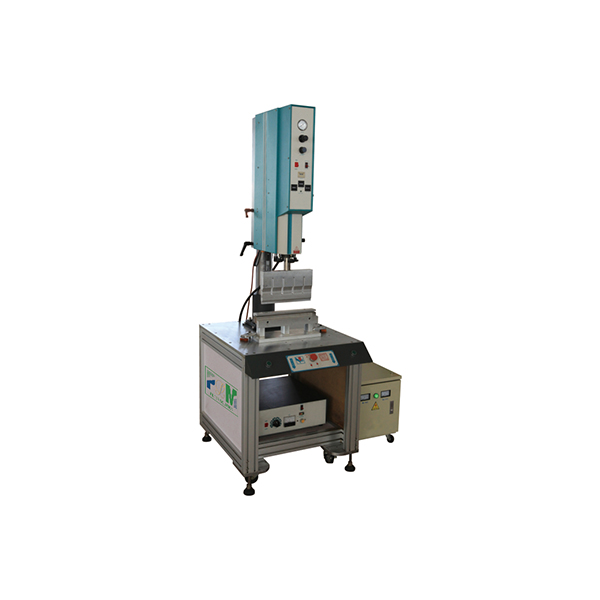Jul . 29, 2024 06:17 Back to list
Exploring the Best Air Filter Solutions for Cleaner Indoor Air Quality and Health Benefits
The Importance of Air Filter Products for a Healthier Environment
In our increasingly industrialized world, maintaining clean air has emerged as a critical concern for both health and environmental sustainability. Air filter products play a pivotal role in achieving this goal by improving indoor air quality and reducing airborne pollutants. As awareness of air quality issues continues to rise, it is essential to understand the various types of air filter products available and their benefits.
Types of Air Filter Products
Air filters come in various forms, each designed to address specific types of pollutants. The most common categories include HEPA (High-Efficiency Particulate Air) filters, activated carbon filters, and electrostatic filters.
HEPA filters are renowned for their ability to trap 99.97% of particles larger than 0.3 microns, making them highly effective at removing dust, pollen, mold spores, and pet dander from the air. These filters are often used in households, medical facilities, and laboratory settings to ensure a clean and safe environment.
Activated carbon filters function by adsorbing gas and chemical pollutants, including volatile organic compounds (VOCs), smoke, and odors, making them an excellent choice for enhancing indoor air quality. They are commonly used in air purifiers and HVAC systems to effectively combat unpleasant smells and harmful gases.
Electrostatic filters use static electricity to attract and capture airborne particles. They are reusable and washable, which makes them a cost-effective option in the long run. These filters can capture various types of allergens, including pollen and dust, leading to cleaner air in residential and commercial spaces.
Health Benefits
air filter products

The benefits of using air filter products extend beyond mere comfort; they significantly contribute to overall health. Poor air quality is linked to a range of health issues, including asthma, allergies, respiratory infections, and long-term cardiovascular diseases. By investing in quality air filtration systems, individuals can mitigate these risks.
For those suffering from allergies or respiratory conditions, air purifiers equipped with HEPA filters can provide significant relief by reducing exposure to allergens and irritants. Moreover, cleaner air leads to better sleep quality and improved productivity, as it supports overall well-being.
Environmental Impact
Beyond individual health benefits, air filters contribute positively to the environment. By effectively removing pollutants from indoor air, these products help reduce the overall load of toxins released into the atmosphere. This is critical, especially in urban areas where air quality may already be compromised.
Furthermore, many air filter manufacturers are now prioritizing sustainable practices, producing filters that are recyclable or made from environmentally friendly materials. This shift ensures that consumers can choose products that not only improve their health but also minimize their ecological footprint.
Maintenance and Replacement
To ensure optimal performance, regular maintenance and timely replacement of air filters are crucial. Manufacturers typically recommend changing filters every three to six months, although this can vary based on usage and air quality conditions. Neglecting to replace filters can lead to decreased efficiency and may even worsen indoor air quality.
In conclusion, air filter products are essential tools in the quest for cleaner air and a healthier living environment. With various types available, individuals can select products that best meet their specific needs. The health benefits, combined with the positive environmental impact, make investing in quality air filtration systems a wise choice for modern households and workplaces. As we continue to navigate the challenges of pollution and allergens, understanding the importance of air filter products is more crucial than ever.
-
Premium Active Carbon Air Filter for Air Purifiers - Odor Removal
NewsAug.21,2025
-
Premium Acrylic-Resin Air Filter Paper in Roll | High Efficiency
NewsAug.19,2025
-
PLAB-6 A B Two Compounds Filter End Cap Gluing Machine-Hebei Filter Man|Precision Gluing,Automated Production
NewsAug.18,2025
-
PLAB-6 A B Two Compounds Filter End Cap Gluing Machine - Hebei Filter Man Automotive Parts Trading Co., Ltd | Adjustable Gluing Parameters, Automated Precision
NewsAug.18,2025
-
PLAB-6 A/B Two Compounds Filter End Cap Gluing Machine-Hebei Filter Man|Precision Engineering&Efficiency
NewsAug.18,2025
-
Active Carbon Air Filter for Purifier: Superior Air Quality & Odor Removal
NewsAug.18,2025
